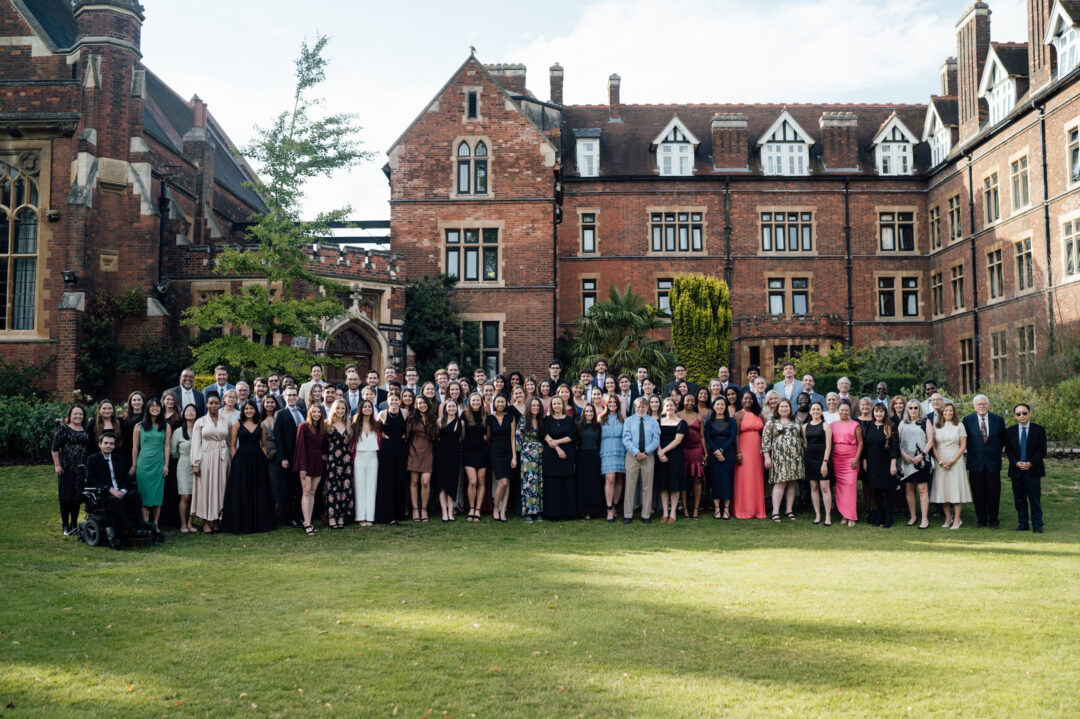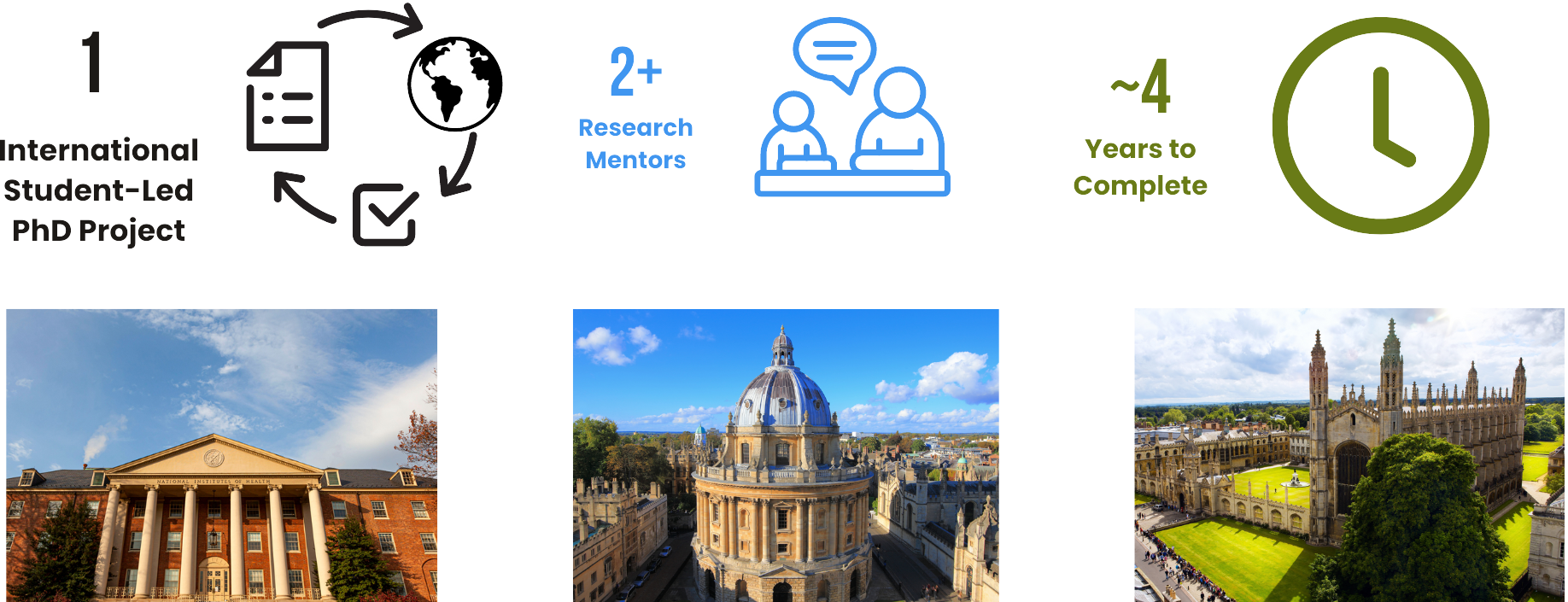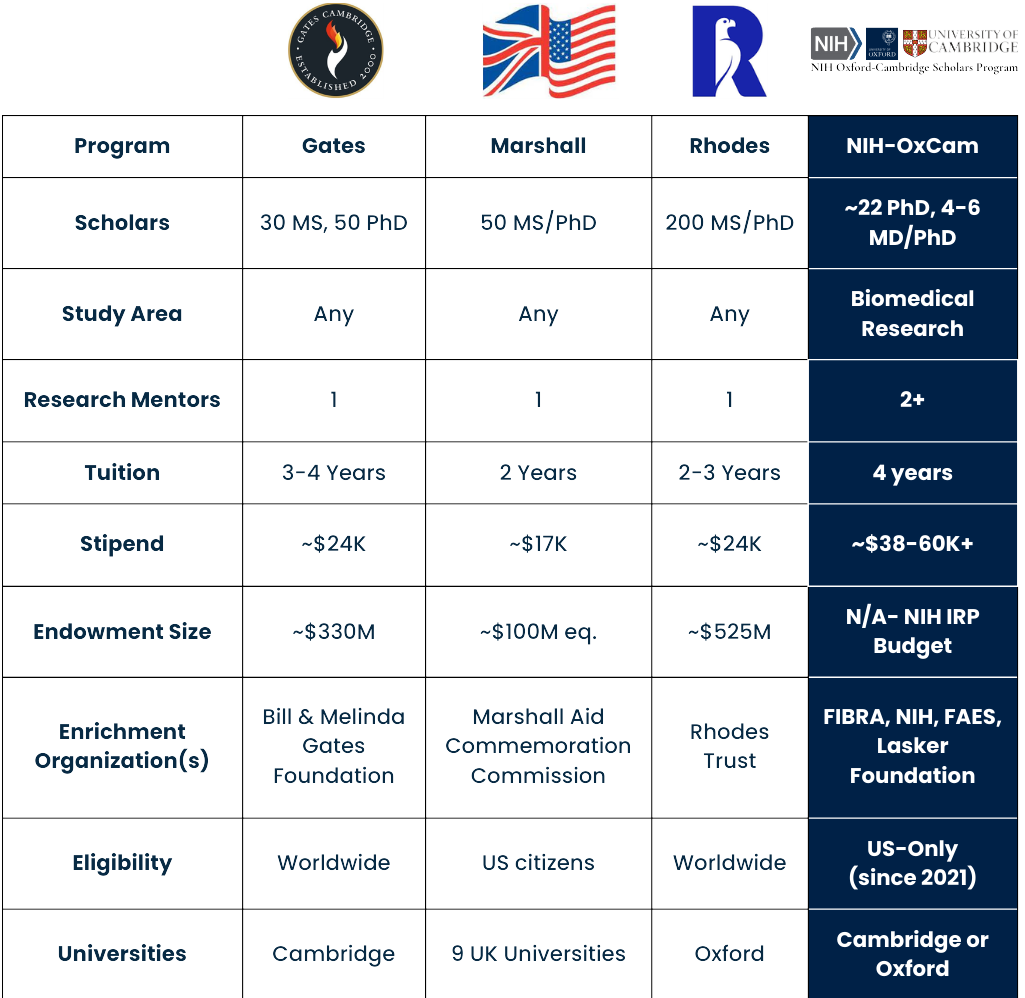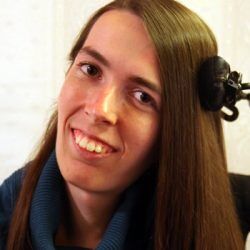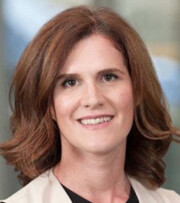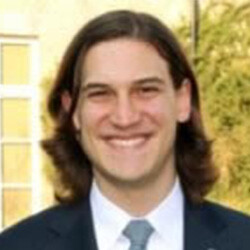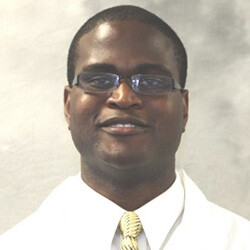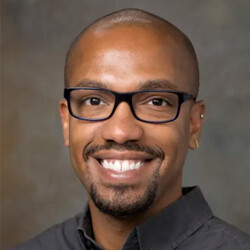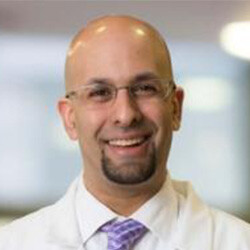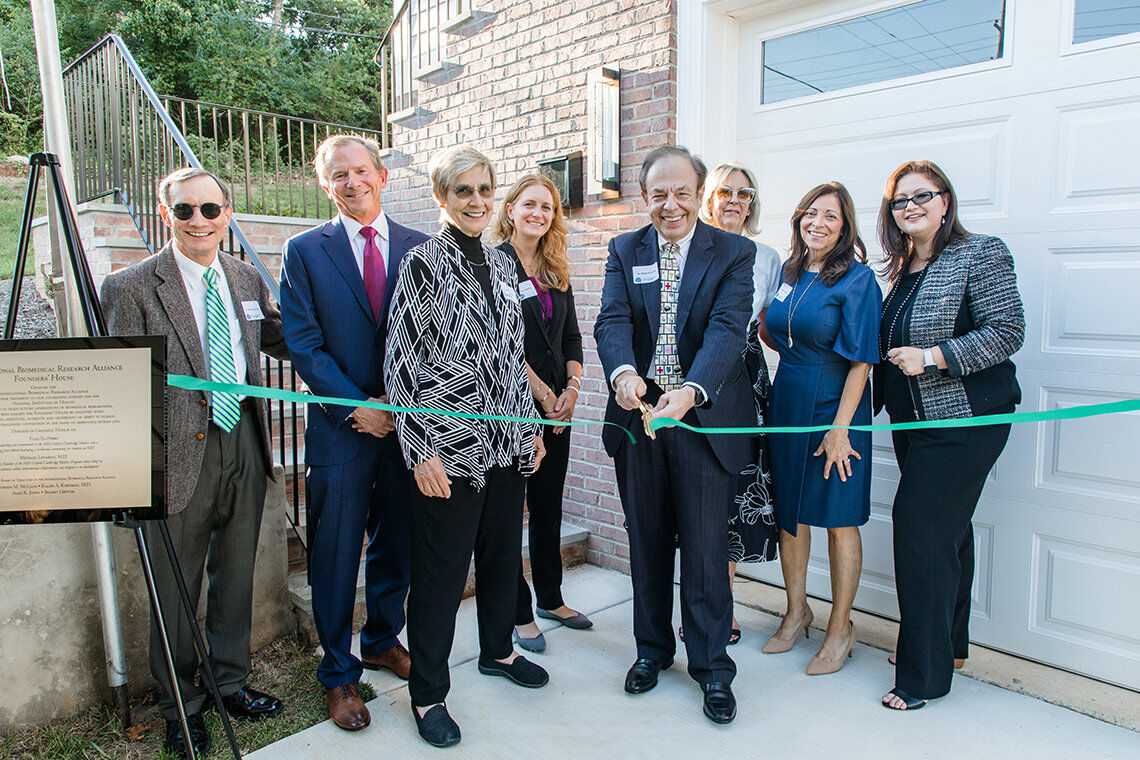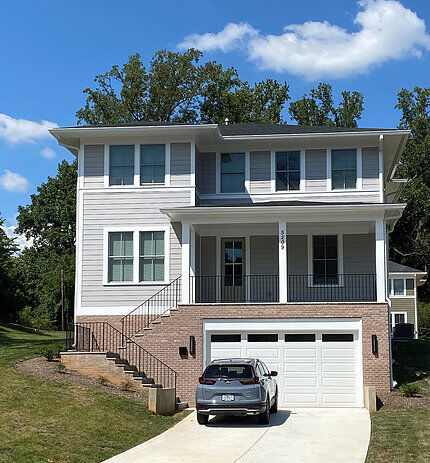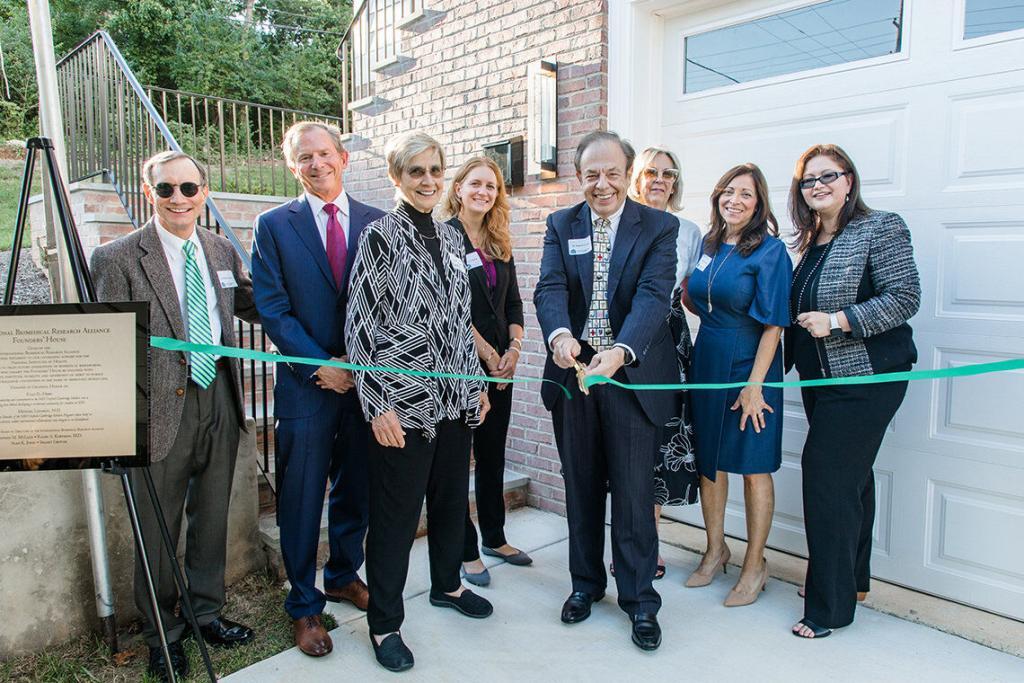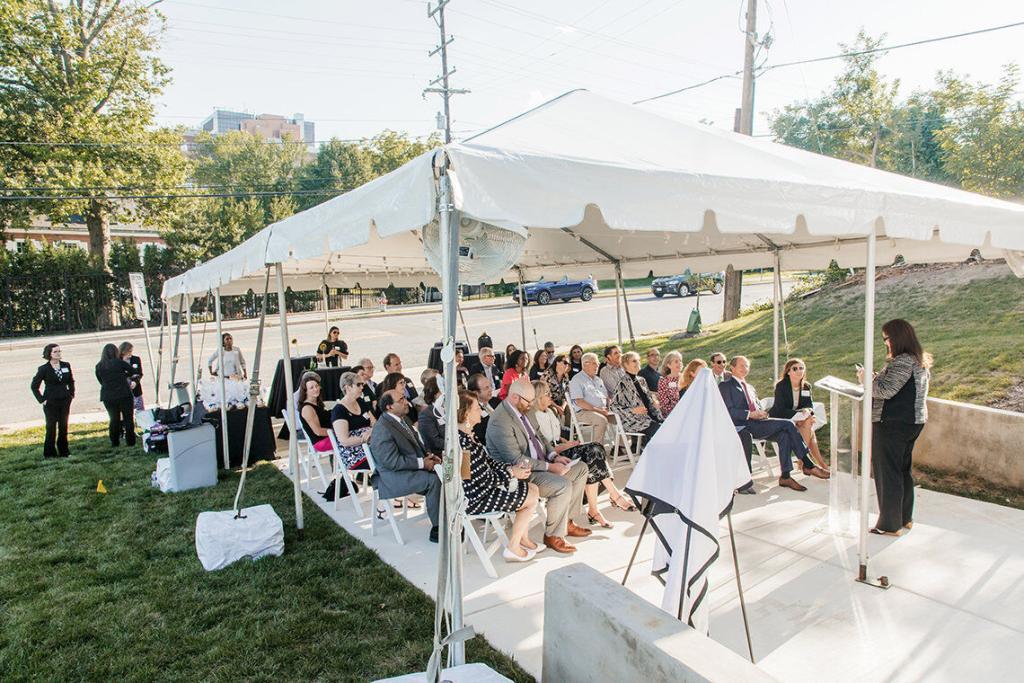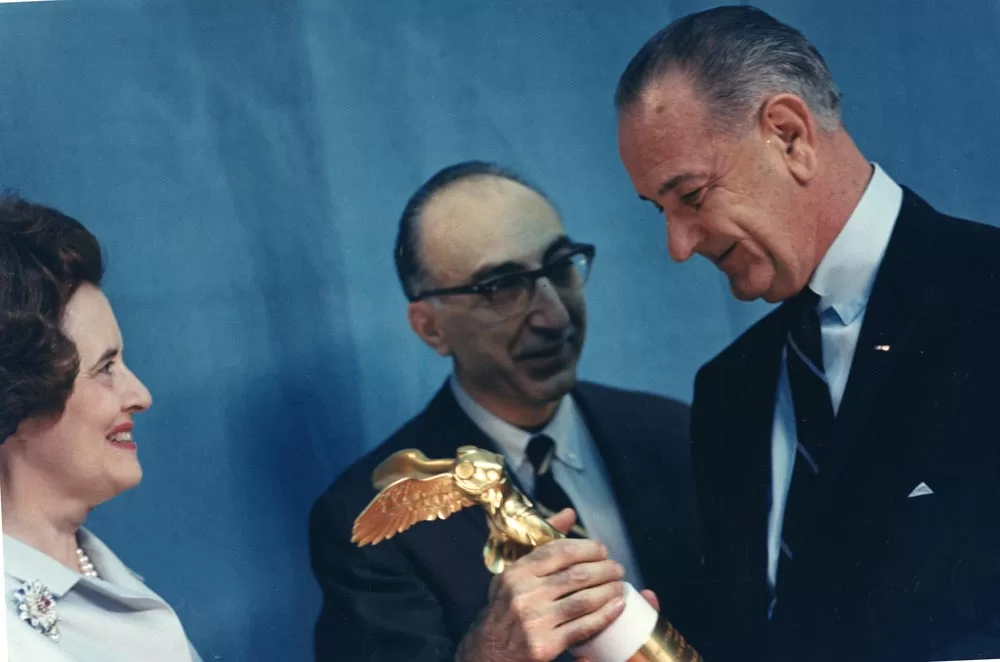
The Lasker Foundation
The Lasker Foundation aims to improve health by accelerating support for medical research through recognition of research excellence, advocacy, and education.
They celebrate the contributions of scientists, clinicians, and public servants who have made major advances in the understanding, diagnosis, treatment, cure, or prevention of human disease. The Lasker Foundation’s programs educate the public and promote scientific collaboration, and advocate for a healthier world through medical research.
The Lasker Foundation and IBRA have been partners over the past decade.
Lasker Lessons in Leadership
Lasker Lessons in Leadership provide strategies for developing leadership skills, stimulate a sense of leadership responsibility, and encourage NIH trainees and tenure track faculty to seek out opportunities to be a leader in their biomedical careers. The series is a collaboration with the International Biomedical Research Alliance, the Lasker Foundation, and the National Institutes of Health (NIH) Oxford-Cambridge Scholars Program. Browse through upcoming and past events below.
Past Events
A Interview with Lasker Laureate Prof. Yuk Ming Dennis Lo
May 16, 2024 at the National Institutes of Health, Bethesda, MD, USA
Interviewees: NIH-Gates Cambridge Scholars Yasemin Cole and Henry Taylor and NIH-Rhodes Scholar Kritika Singh
October 17, 2023 at Stanford University, Palo Alto, CA, USA
Interviewees: NIH-Gates Cambridge Scholar Haillie Gaitsch (MD/PhD Candidate ) & NIH-Cambridge Scholar John Hancock (MD/PhD Candidate)
June 15, 2022 at the National Institutes of Health, Bethesda, MD, USA
Interviewer: NIH-Cambridge Scholar Jasmine Mack, MPH, MS (PhD Candidate)
Harvey J. Alter: HCV The End Of The Beginning Could This Be The Beginning Of The End
Cynthia Kenyon: Life Lessons from a Small Creature
Wendy Chung: My Life as a Zebra Hunter
David Rubenstein interviews Anthony Fauci: An Interview on Leadership and a Career in Public Health
Mary Woolley: Winning Hearts and Minds in Science
Regis Kelly: Academia and the Private Sector – An Odd Couple?
Jeremy Nathans: A Conversation on Leadership and Career Path
Craig Thompson: The Difference between Leadership and Management
Linda Fried: How Scientists Become Effective Communicators
Dan Littman: The Art of Publishing
Ralph Snyderman: From Brooklyn to Lab Bench to Board Room – Lessons Learned

